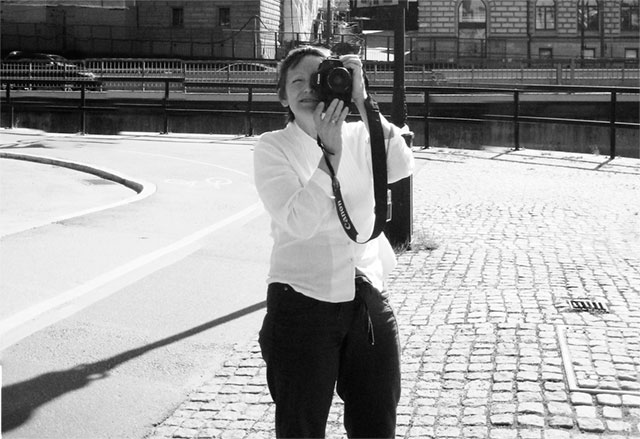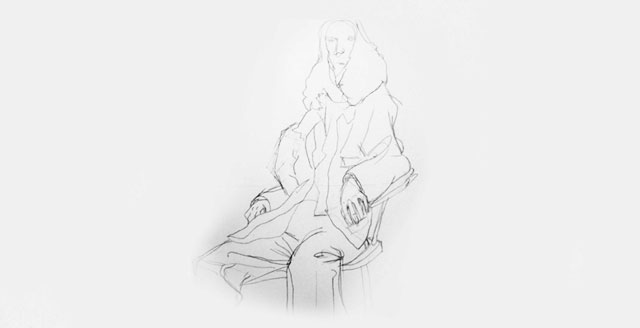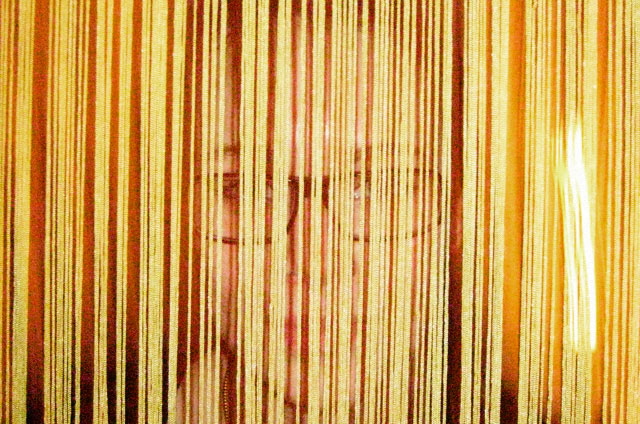My awesome mother gave me an ebook reader as birthday present, which sorta proves that if you bitch, whine and drop hints like a rabbit shits, someone will give in. I have tons of stuff which I’m slowly transferring to the Nook, and reading is encroaching on my podcast listening which is a good thing. There’s no app for organizing your documents on the computer, so I’m using the competent but ass-ugly Calibre for this. I might not be paying enough attention, or I might just have low tolerance for stupid interfaces, but using Calibre isn’t very efficient. Unfortunately there are no alternatives. I’ve found an app for syncing Instapaper articles which works like a charm though. (Ephemera)
All in all, I enjoy using the Nook. It’s easy enough to use and once you get used to reading on a computer device in broad daylight you’ll be annoyed with all the gadgets which aren’t legible in direct light. E ink is awesome and very pleasant to read — not quite like paper but miles beyond LCD screens. (Although if you spend your days in murky settings you might go for the backlit iPad.) It’ll be interesting to see how the usability will change once winter and darkness comes.


I jailbroke the Nook but had little use for it. Using Internet over 3G would be useful if there was a good RSS app and/or syncing with a desktop app like Evernote, so jailbreaking might become more interesting once the proper Android apps are adapted for the Nook LCD.
The battery only lasts some 400 page turns over three days, but Barnes & Noble seem to consider it within acceptable levels. I concede that it’s not an undue burden to charge the thing every other night, but it galls me that they’re advertising it as lasting for 10 days with “normal use” without mentioning that “normal use” is “up to one hour per day.” Their support personell is quick to respond but are writing straight from a flowchart — I don’t know if it’s corporate culture or unmotivated kids, but if they replaced them with scripts they’d still improve on service and “the human touch.”
Because I’m a positive and creative person I express my disappointment through poetry in odd meter. If you can get someone to read this with a deep voice and British accent I will send you a present. Until then, imagine Ian McKellen doing a dramatic reading:
Quite a device, my Nook
it’s swell in the sun!
People stop and stare,
it fails to impress no-one.
As long as it works,
it works rather fine.
So I’ve grown quite fond
of this Nook of mine.
But compared with your ads,
“foul!” ring my cries,
the sparkle and shine,
mostly mirrors and lies
“go to page” is a “feature”
we got with point four.
as if skipping pages
was unheard of before.
Browsing books is a pain,
all’s one big directory,
Sorting Gutenberg documents
like colon endoscopy.
No apps for the desktop
is vexing indeed
While non-standard USB
make hairlines recede.
I don’t mind that it scratches,
dulls or is slow,
But wish your support wasn’t also.
They read from a sheet,
and not my complaint,
perhaps y’all lay off the lead paint?
Quite a device, my Nook
it’s nimble and fun!
People stop and ask,
and I recommend it to some.
As long as it works,
it works rather fine.
So despite Barnes and Noble
I’m fond of this Nook of mine.



